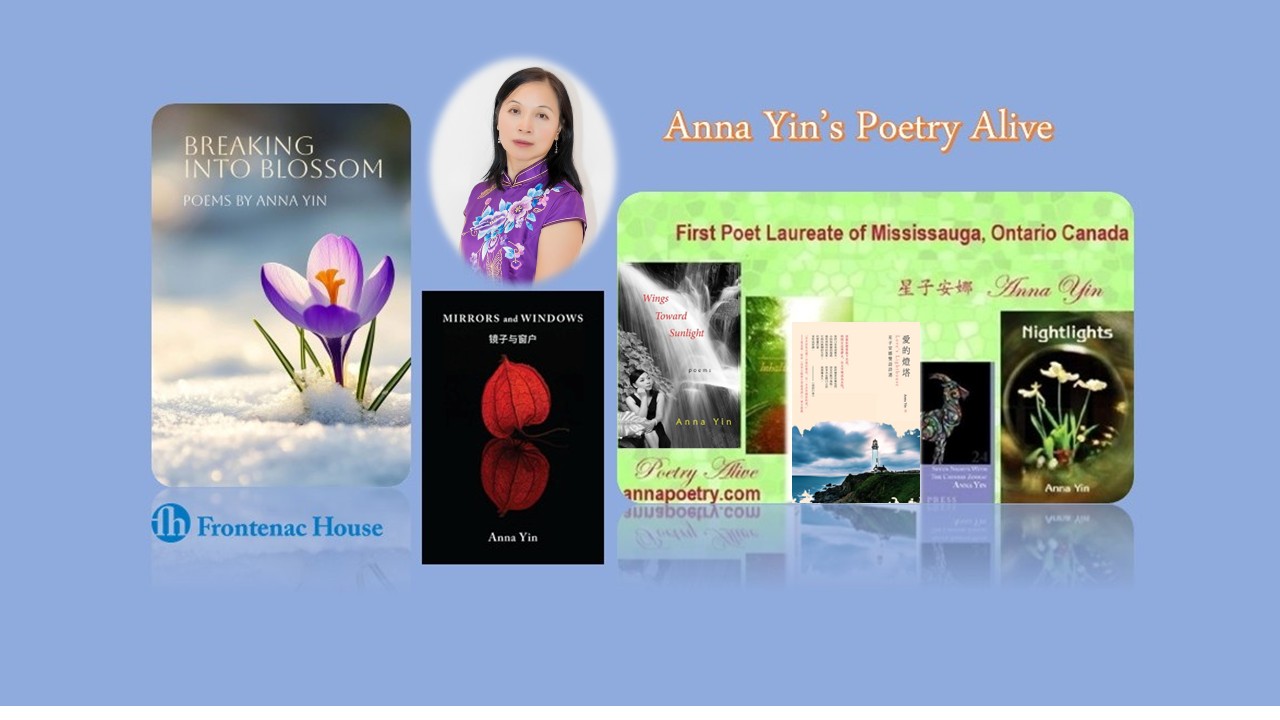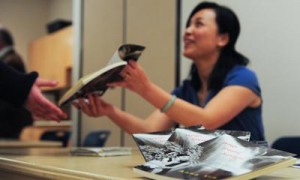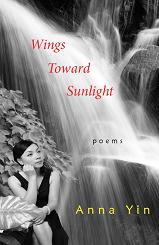news arriving
the bare tree and me
among chilly winds
*getting well
this spinning sphere and my sister
i light candle after candle
*

The soul should always stand ajar, ready to welcome the ecstatic experiences. –Emily Dickinson
news arriving
the bare tree and me
among chilly winds
*getting well
this spinning sphere and my sister
i light candle after candle
*
In the coming holiday season, I want to thank all of my friends, poet peers and readers for your support! Thank all my reviewers and media for their interest!

 I also want to thank my publisher Mosaic Press to publish “Wings Toward Sunlight”, glad to know that my books have found wonderful readers…Thank you for reading and enjoying my poems!
I also want to thank my publisher Mosaic Press to publish “Wings Toward Sunlight”, glad to know that my books have found wonderful readers…Thank you for reading and enjoying my poems!